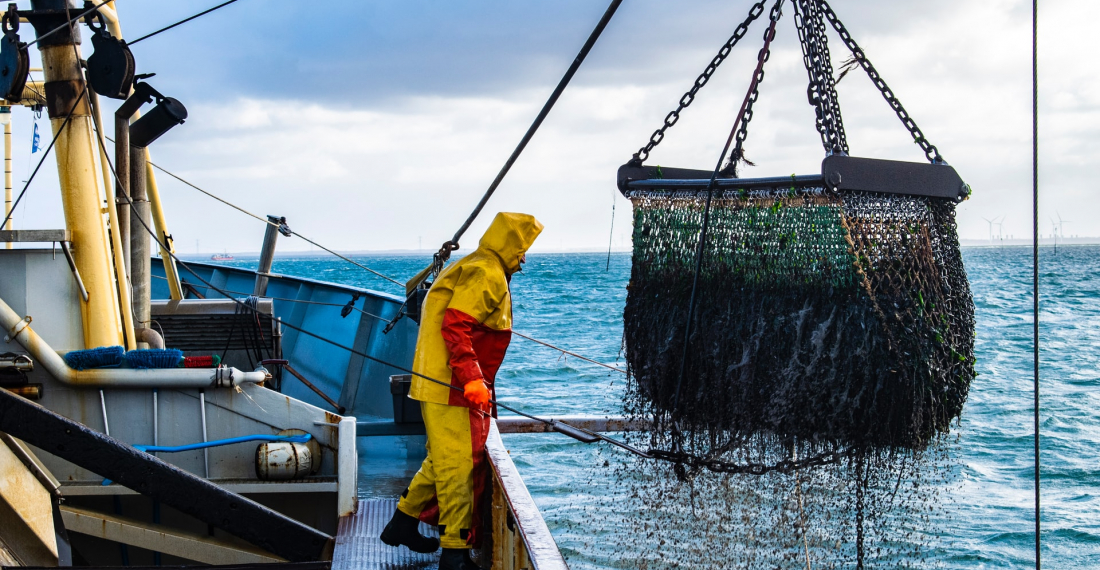The European Union and the United Kingdom have reached an agreement on how much fish they may catch in 2021 of the species controlled by both parties. This creates clarity for fishermen, who have had to work with provisional catch limits since last January.
The distribution of fish quotas was one of the most challenging issues of the Brexit negotiations between Brussels and London. The two sides managed to agree on their future relationship before the British left the EU on 1 January 2021. However, there was not enough time to agree on how much sole, lobster, turbot and other fish could be caught by each side's fishermen in 2021. They therefore set provisional fishing limits.
Now there is an agreement on "75 shared fish species for 2021 and some deep-sea species for 2021 and 2022", says the European Commission. The agreement will be signed one of these days.
In March, the UK, EU and Norway already agreed on a distribution of quoatas of the North Sea fish that they jointly manage.







